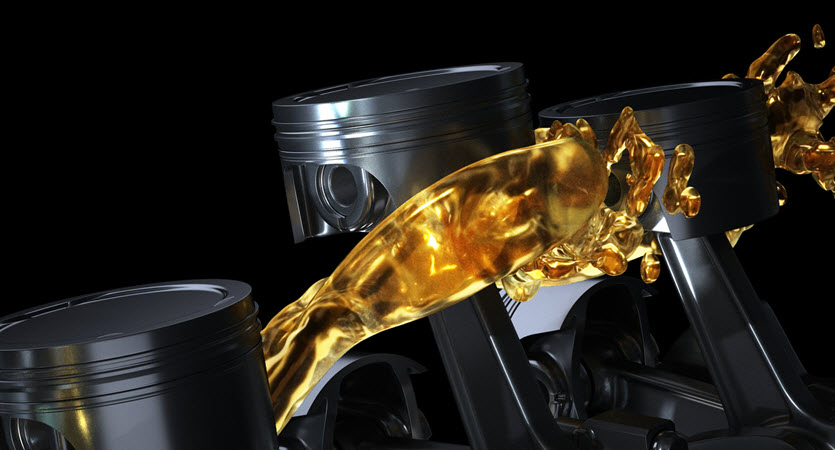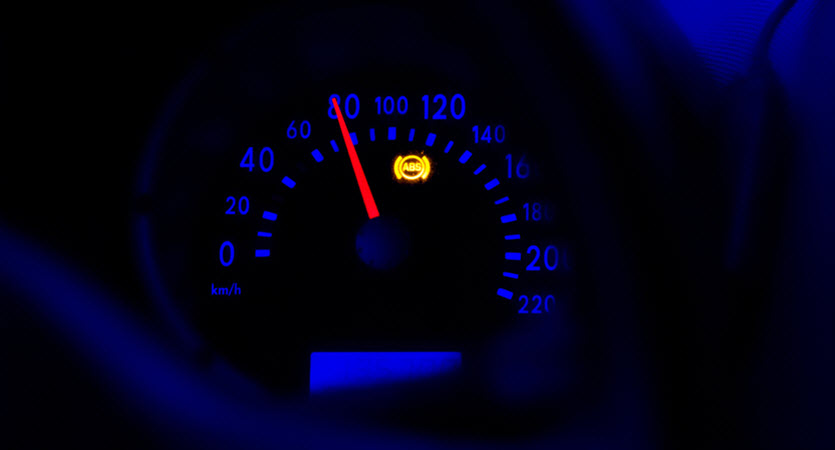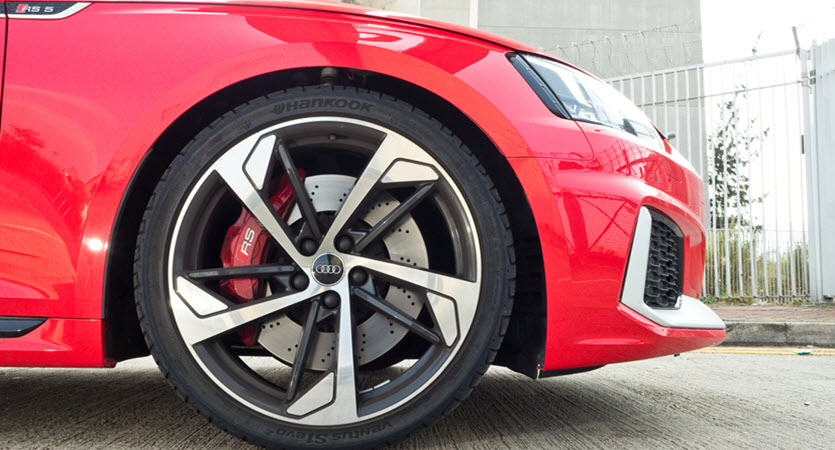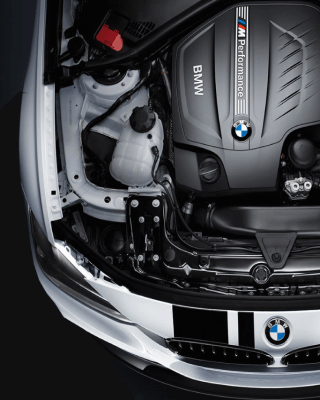
by Greg Phillips | Feb 14, 2024 | Volvo Repair
When it comes to caring for your Volvo, the choice between synthetic and conventional oil is crucial. Your car’s engine deserves the best, but determining which oil type suits it can be perplexing. Fear not! Let’s dive into the world of oils to uncover...

by Greg Phillips | Jan 28, 2024 | Auto Maintenance
Routine maintenance might not be the most thrilling aspect of car ownership, but it’s the unsung hero that ensures your vehicle remains safe and reliable. Whether it’s cruising down city streets or embarking on cross-country adventures, scheduled...

by Greg Phillips | Jan 11, 2024 | Jaguar Repair
In the world of automotive engineering, the Jaguar brand is more than a symbol of luxury; it embodies precision engineering and unparalleled performance. However, like any mechanical masterpiece, even Jaguars encounter their share of technical issues. One persistent...

by Greg Phillips | Dec 25, 2023 | Audi Repair
A smooth, effortless drive in your Audi is a testament to its engineering excellence. However, even the finest machines need a little TLC now and then. One critical but often overlooked aspect of car maintenance is wheel alignment. Your Audi, with its precision...

by Greg Phillips | Nov 6, 2023 | Uncategorized
Each warning light in your Volvo is designed to alert you to an issue with a specific part of your car. One of the more common warnings involves the illumination of the “No Oil Pressure” light. No oil pressure in a vehicle is a serious issue. Oftentimes, a Volvo may...

by Greg Phillips | Jul 5, 2023 | Uncategorized
Although Volvos are some of the most reliable vehicles on the market today, they still experience common issues such as ignition switch failure. If you’re a Volvo driver, it’s important to stay informed on how to keep your car in proper working condition. This article...

by Greg Phillips | Feb 22, 2023 | Engine Repair
Volkswagen’s 2.0-liter engine uses a timing chain rather than a timing belt to synchronize the camshaft and crankshaft. In some cases, it may become worn or damaged over time, which can cause a variety of problems. Here are some reasons why you might need to...
by Greg Phillips | Feb 22, 2023 | Uncategorized
Volkswagen’s 2.0-liter engine uses a timing chain rather than a timing belt to synchronize the camshaft and crankshaft. In some cases, it may become worn or damaged over time, which can cause a variety of problems. Here are some reasons why you might need to...
by Greg Phillips | Feb 8, 2023 | Uncategorized
A Mercedes B service is a routine maintenance service performed on Mercedes-Benz vehicles. It is typically performed every 20,000 miles. Overall, the Mercedes service routine is a comprehensive maintenance schedule designed to keep your vehicle running smoothly and...
by Greg Phillips | Feb 8, 2023 | Uncategorized
A Mercedes B service is a routine maintenance service performed on Mercedes-Benz vehicles. It is typically performed every 20,000 miles. Overall, the Mercedes service routine is a comprehensive maintenance schedule designed to keep your vehicle running smoothly and...








